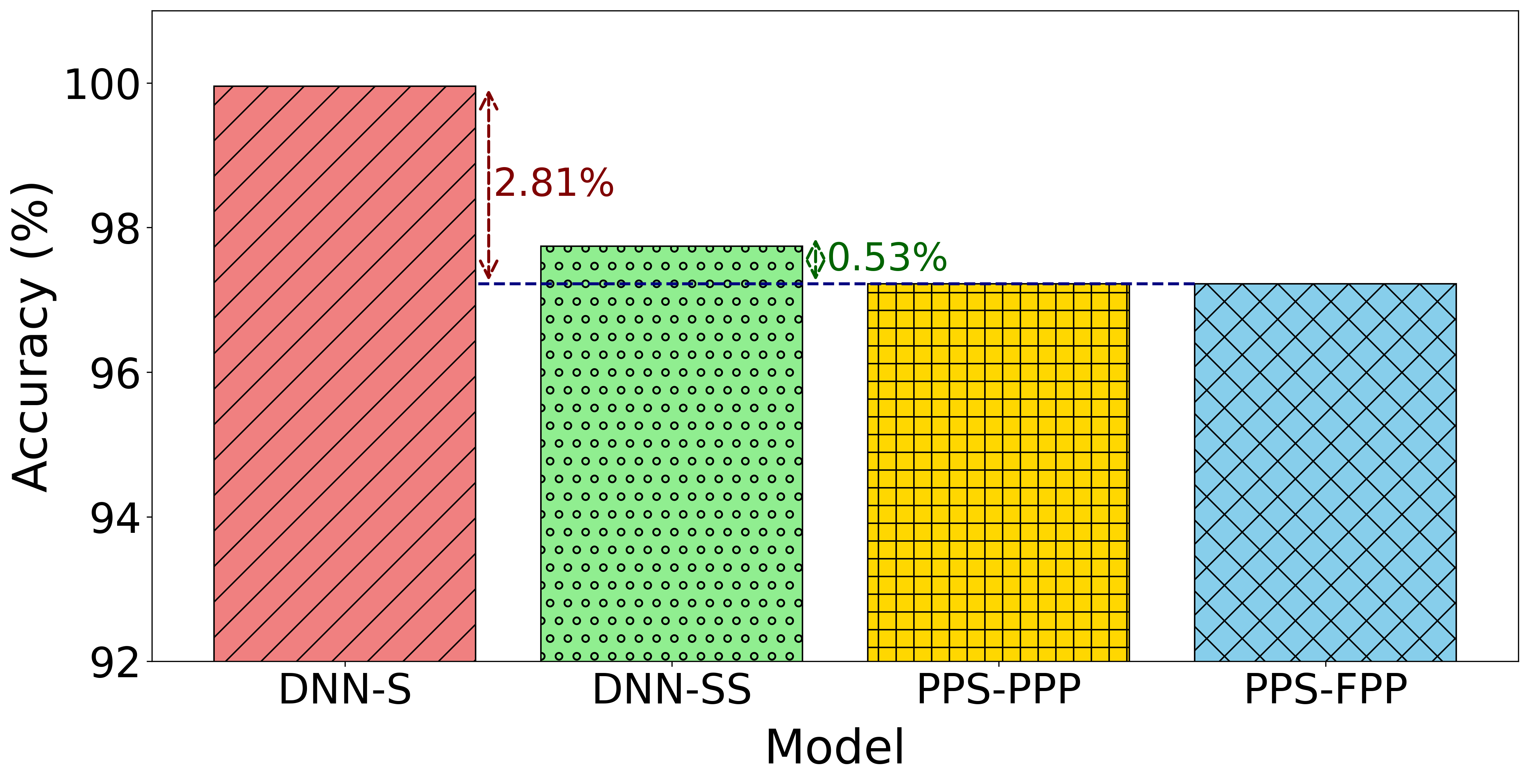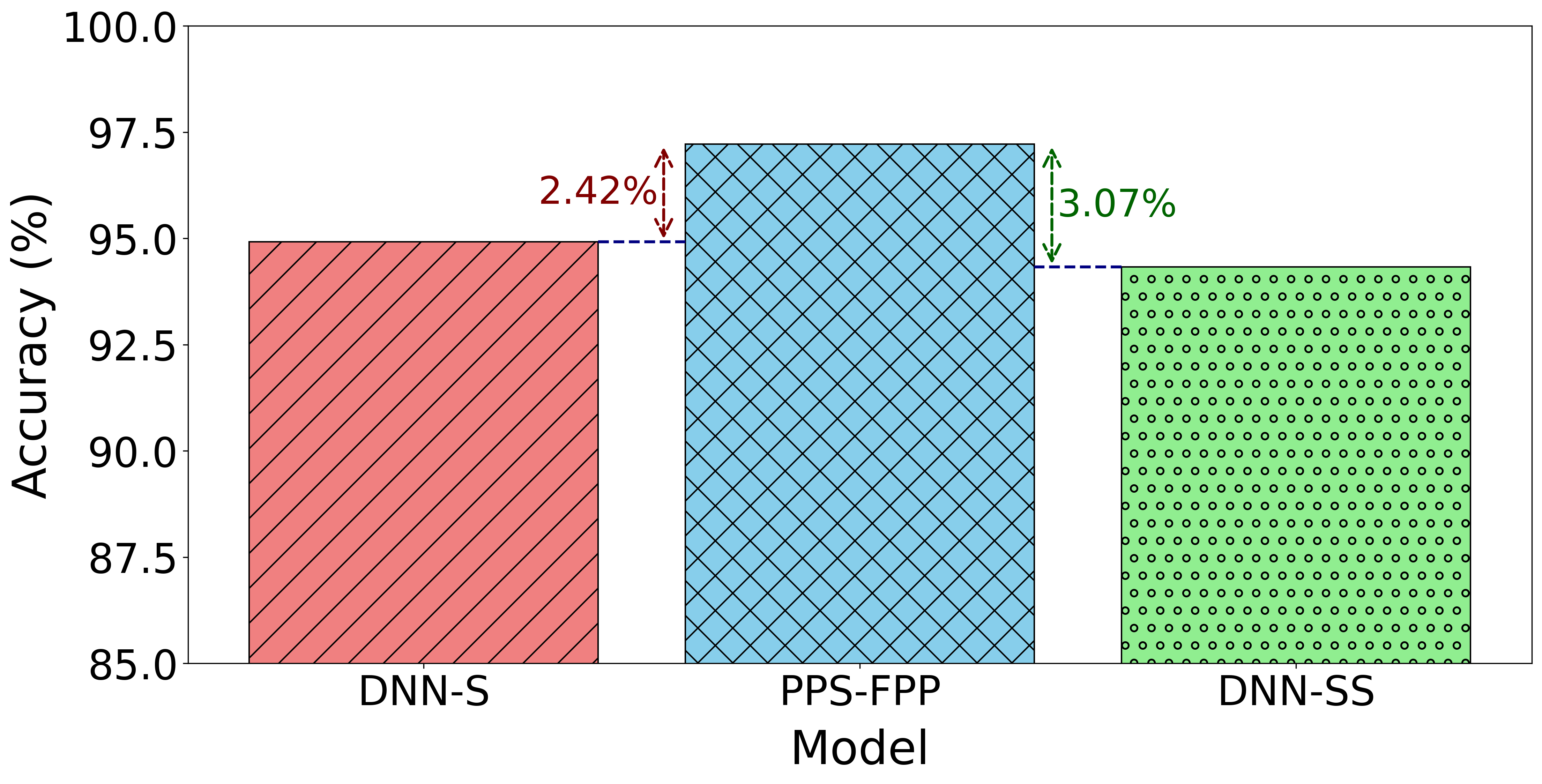Federated Privacy-Preserving Strategy for Generalizing Soft-Failure Localization in Multi-Carrier Optical Networks
Abstract
In multi-carrier systems, differences in the topological characteristics of carriers lead to variation in data distribution. Hence, each carrier operates within a unique domain represented by unlabeled datasets with diverse distributions. Consequently, incorporating contributions from multiple carriers with distinct domains is essential to enhance model generalization and improve localization accuracy. To cope with this challenge, a privacy-preserving strategy (PPS) is proposed based on federated learning to localize soft failures in multi-carrier optical networks using a self-supervised approach on unlabeled data. Evaluations conducted on data from a testbed demonstrate the effectiveness of the proposed strategy.
Motivations
-
Existing methods in the literature are heavily based on supervised failure data, which is expensive and time consuming to collect.
-
The methods in the literature lack a generalized approach for localizing soft failures in varying magnitudes of the same failure type. Thus, for datasets with domains different from the training data, new models often require retraining to achieve high localization accuracy. However, this retraining process is resource intensive and time consuming.
Contributions
-
Generalize a model that can effectively localize failures of varying magnitudes.
-
Deploy a self-supervised learning phase for making localization.
-
Preserve privacy of carriers’ data during training phase.
-
Privacy-Preserving Strategy (PPS) is proposed that integrates domain adaptation and knowledge distillation techniques to generalize the model in a federated manner, preserving data privacy. It also exploits high-performance unsupervised clustering models to support the self-supervised learning phase.
Results

Performance comparison of proposed PPS and baseline methods w.r.t. regulart training set, i.e., the dataset comprising all data corresponding to 5 dB, 7 dB, and 11 dB.

Performance comparison of proposed PPS and baseline methods w.r.t. adaptive training set, i.e., the dataset where data corresponding to 5 dB was excluded and only data for 7 dB and 11 dB were utilized.
Conclusion
PPS, a distributed strategy designed to generalize soft-failure localization across varying magnitudes of the same failure in multi-carrier systems, was proposed. PPS utilizes federated learning to ensure data privacy while employing domain adaptation and knowledge distillation techniques to enhance generalization of the model. Evaluation results demonstrate that PPS achieves high precision in failure localization requiring fewer carriers to participate in the training phase which reduces the overall training burden across the network.

 IEEE
IEEE